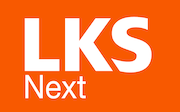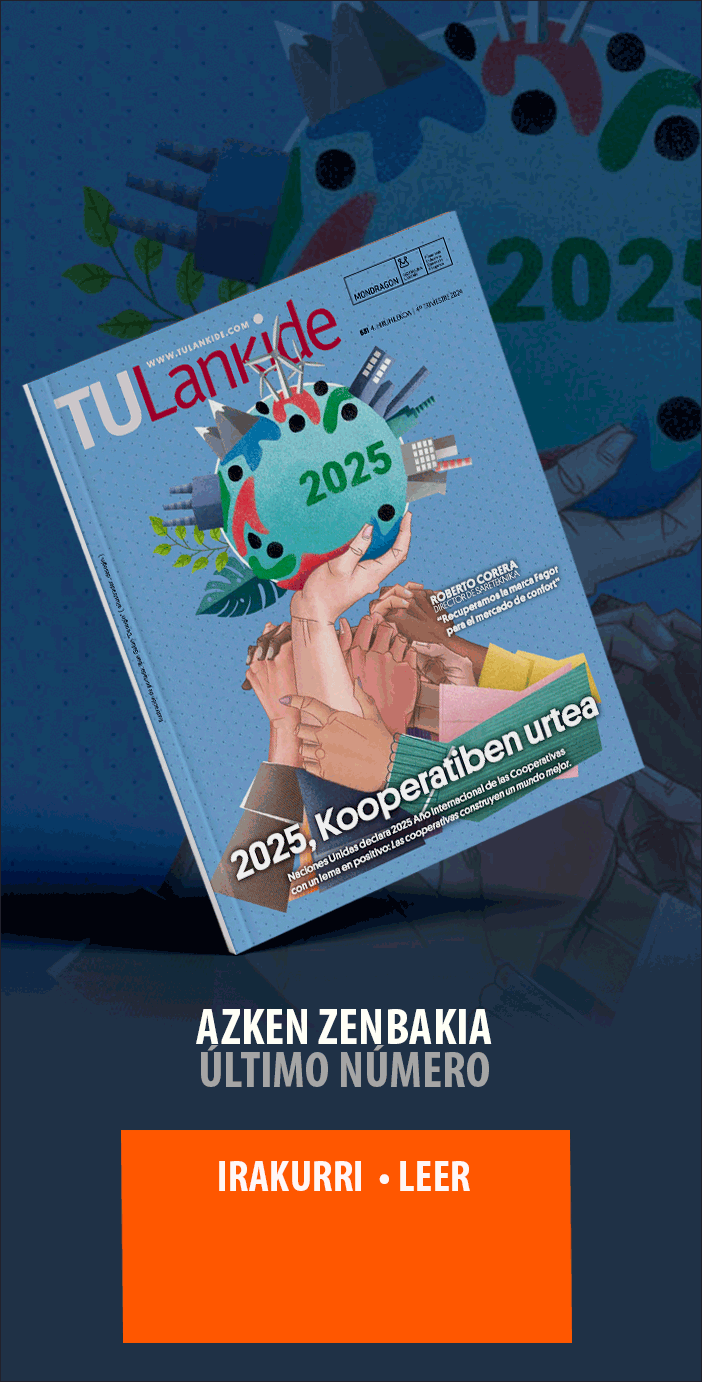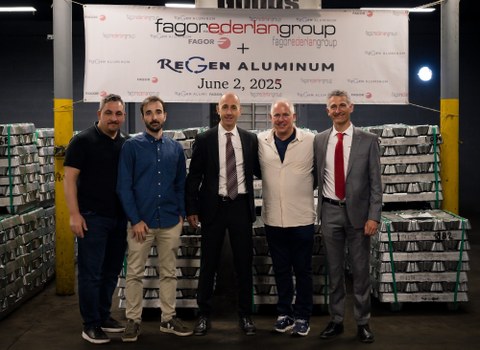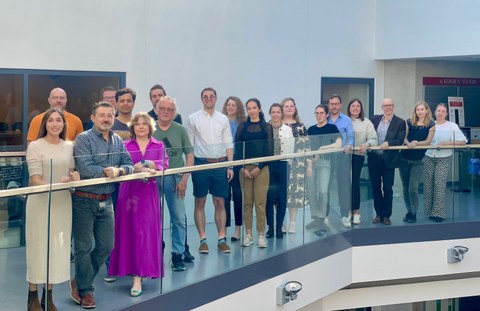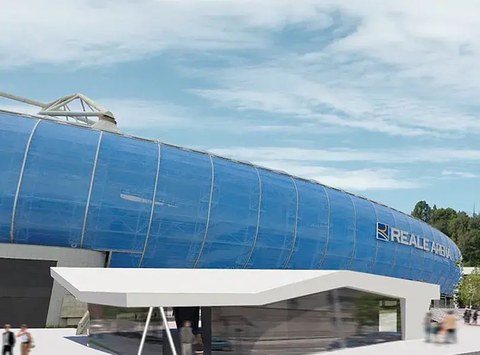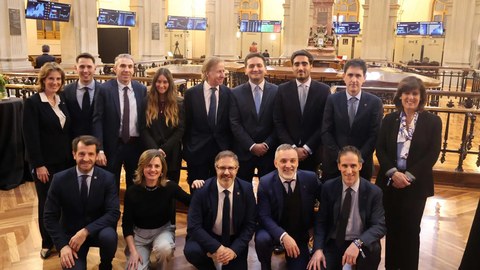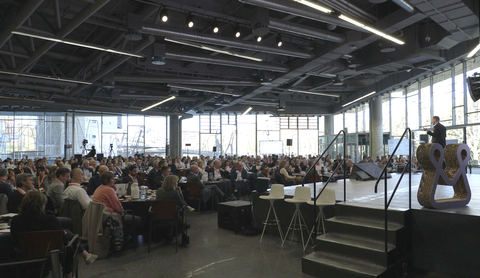Most read
- 1. Danobatgroup sets a new turnover record of €344 M in 2024
- 2. Danobat revolutionizes manufacturing with a new precision robot
- 3. MONDRAGON expands its digital presence with Bluesky
- 4. MONDRAGON leads ASETT, the Social Economy Hub for social transformation
- 5. Orbik Cybersecurity, the first technological start-up to become a co-operative
- 6. Eika acquires Stone Cooker S.L and its innovative 'Suiseki' table to boost growth
Open Innovation Platforms in future development programs
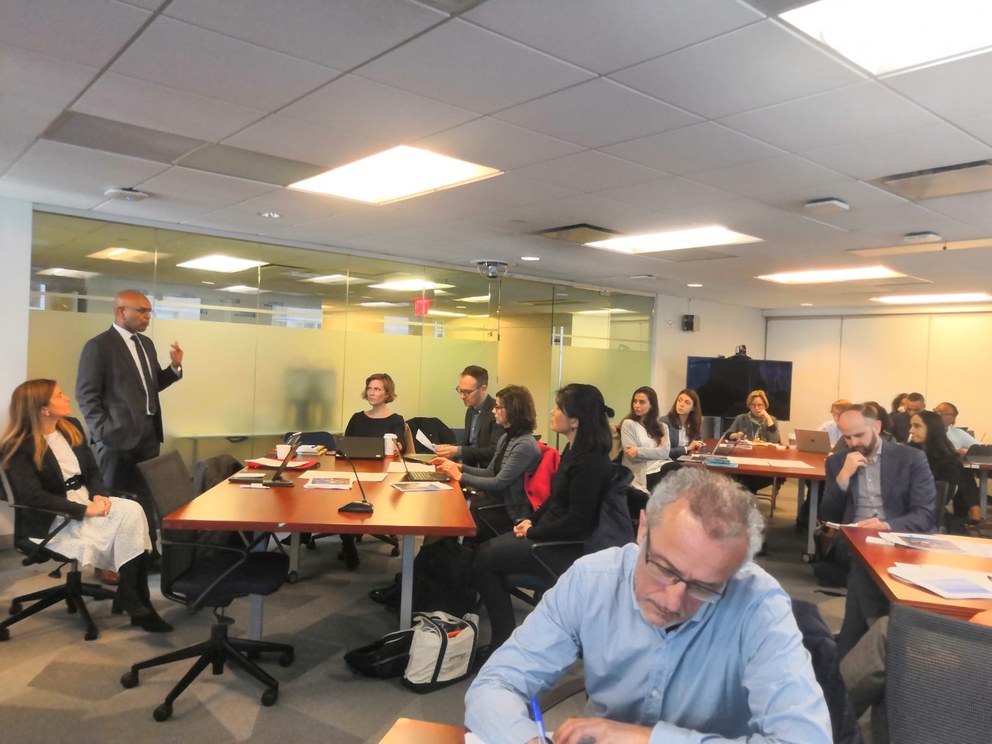
The 2030 Agenda calls for a transformative change in countries and also new approaches supporting their development. The complexity and scale of current challenges, including demographic changes and fast urbanization, growing inequality, climate change... request recognition and acceptance of those problems being structural and interconnected, and cannot be addressed and solved by single actor or a linear project approach.
In this context, the platform models represent an innovative proposal in comparison to the more traditional project-based development programs and recognizes the need for new approaches to address the systemic changes needed to achieve the Sustainable Development Goals (SDS). Thus, while their application in public sector and development agencies are still emerging, other sector learning experiences tested the platform approach as an opportunity to apply innovative forms of sustainable development on a larger scale.
With these considerations in mind, the workshop worked and discussed on the implications of platform relationships forms for development agencies, countries, private sector, local communities, partners and investors.
Also, in order to enrich the debate, Fundacion La Caixa presented the promoted “Work 4 Progress” program that has been implemented in Peru, Mozambique and India and which counted on ALC advice. The project carried out in Colombia to promote the collective reincorporation of former FARC members, based on Mondragon ́s experience and with the expert support of LKS Next, Alecop and ALC was also presented, in addition to the ones conducted by UNDP.
Participants include: Milica Begovic and Josep D ́Cruz from UNDP, Ariadna Bardolet and Marta Solsona from Fundacion la Caixa, Gorka Espiau from ALC, Kanika Verma from Development Alternatives - India, Carlos Barandiaran from LKS Next, Joshua Fisher from Columbia University (The Earth Institute), Maria Angeles Huerta from itd UPM (Universidad Politecnica de Madrid) and Elena Heredero from the Inter-American Development Bank.










